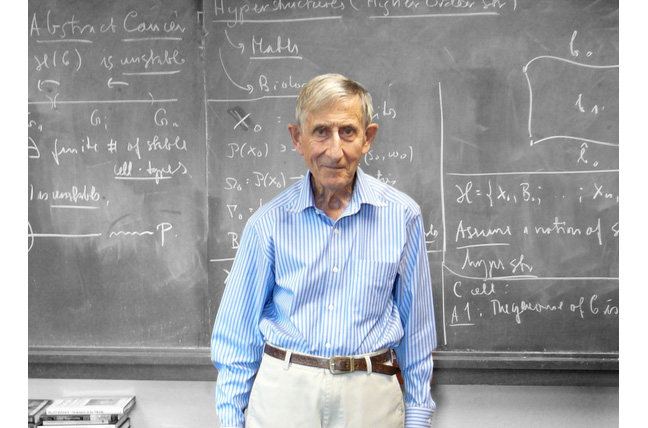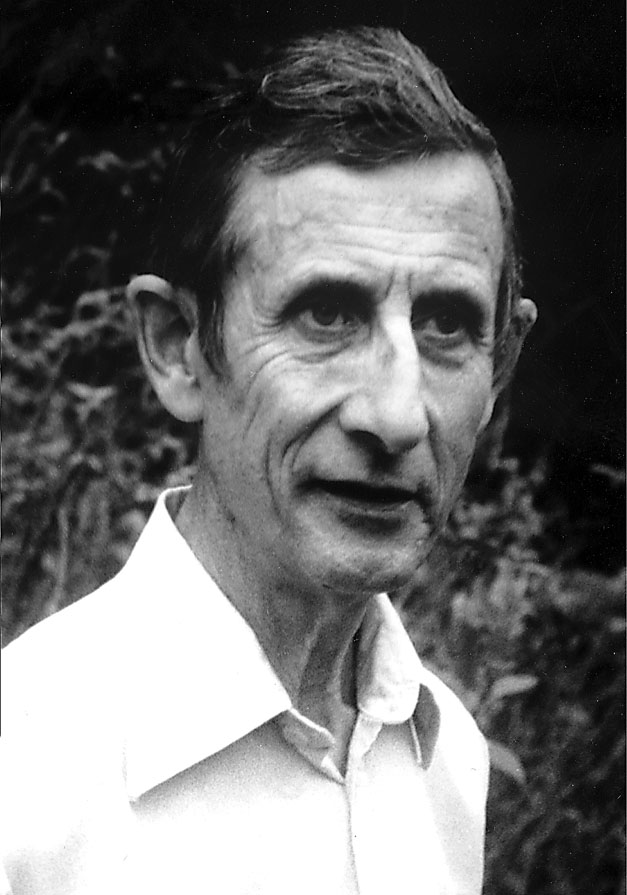

That wasn't my style."Īrguably, Dyson's most famous idea was the " Dyson sphere," a hypothetical structure a civilization might build around a star to enclose it and best harness its energy. "I think it's almost true without exception if you want to win a Nobel Prize, you should have a long attention span, get ahold of some deep and important problem, and stay with it for 10 years. "I've always enjoyed what I was doing quite independently of whether it was important or not," Dyson told The New York Times in 2009, explaining why he never won a Nobel Prize like his colleague Richard Feynman. His contributions stem from his work in numerous areas, including nuclear engineering, solid state physics, ferromagnetism, astrophysics, biology and applied mathematics," the Institute for Advanced Study wrote in an obituary for Dyson. "Dyson generated revolutionary scientific insights, including calculations bridging the quantum and human worlds. He published papers on the future of the universe, worked on ideas for a nuclear-explosion-powered spacecraft that was never built, developed new ideas in mathematics and philosophy, and imagined how humans of the far future - as well as alien civilizations - might live and operate in space.

Dyson first became widely known for important work in the late 1940s on the interactions between light and matter, then went on to have a remarkably wide-ranging career. In 2000 he was awarded the Templeton Prize for progress in Religion, and in 2012 he was awarded the Henri Poincaré Prize at the August meeting of the International Mathematical Physics Congress.Dyson, born in England in 1923, moved to the United States in 1947 and spent most of his life as a professor or professor emeritus at the Princeton University Institute for Advanced Study. National Academy of Sciences, and a fellow of the Royal Society of London. Dyson is a fellow of the American Physical Society, a member of the U.S. “A Many-colored Glass: Reflections on the Place of Life in the Universe” (2007) is an edited version of a set of lectures given in 2004 at the University of Virginia. “The Scientist as Rebel” (2006) is a collection of book reviews and essays, mostly published in The New York Review of Books. “The Sun, the Genome and the Internet” (1999) discusses the question of whether modern technology could be used to narrow the gap between rich and poor rather than widen it. “Imagined Worlds” (1997) is an edited version of a set of lectures given in 1995 at the Hebrew University in Jerusalem about human destiny, literature and science. “From Eros to Gaia” (1992) is a collection of essays and lectures, starting with a science-fiction story written at the age of nine, and ending with a mugging in Washington at age fifty-four. “Origins of Life” (1986, second edition 1999) is a study of one of the major unsolved problems of science.

“Infinite in All Directions” (1988) is a philosophical meditation based on Dyson’s Gifford Lectures on Natural Theology given at the University of Aberdeen in Scotland. “Weapons and Hope” (1984) is a study of ethical problems of war and peace. “Disturbing the Universe” (1979) is a portrait-gallery of people he has known during his career as a scientist. He has written a number of books about science for the general public. He subsequently worked on nuclear reactors, solid state physics, ferromagnetism, astrophysics and biology, looking for problems where elegant mathematics could be usefully applied.

Cornell University made him a professor without bothering about his lack of Ph.D. His most useful contribution to science was the unification of the three versions of quantum electrodynamics invented by Feynman, Schwinger and Tomonaga. He went on to Cornell University as a graduate student in 1947 and worked with Hans Bethe and Richard Feynman. He graduated from Cambridge University in 1945 with a B.A. He was born in England and worked as a civilian scientist for the Royal Air Force in World War II. Freeman Dyson is now retired, having been for most of his life a professor of physics at the Institute for Advanced Study in Princeton.


 0 kommentar(er)
0 kommentar(er)
